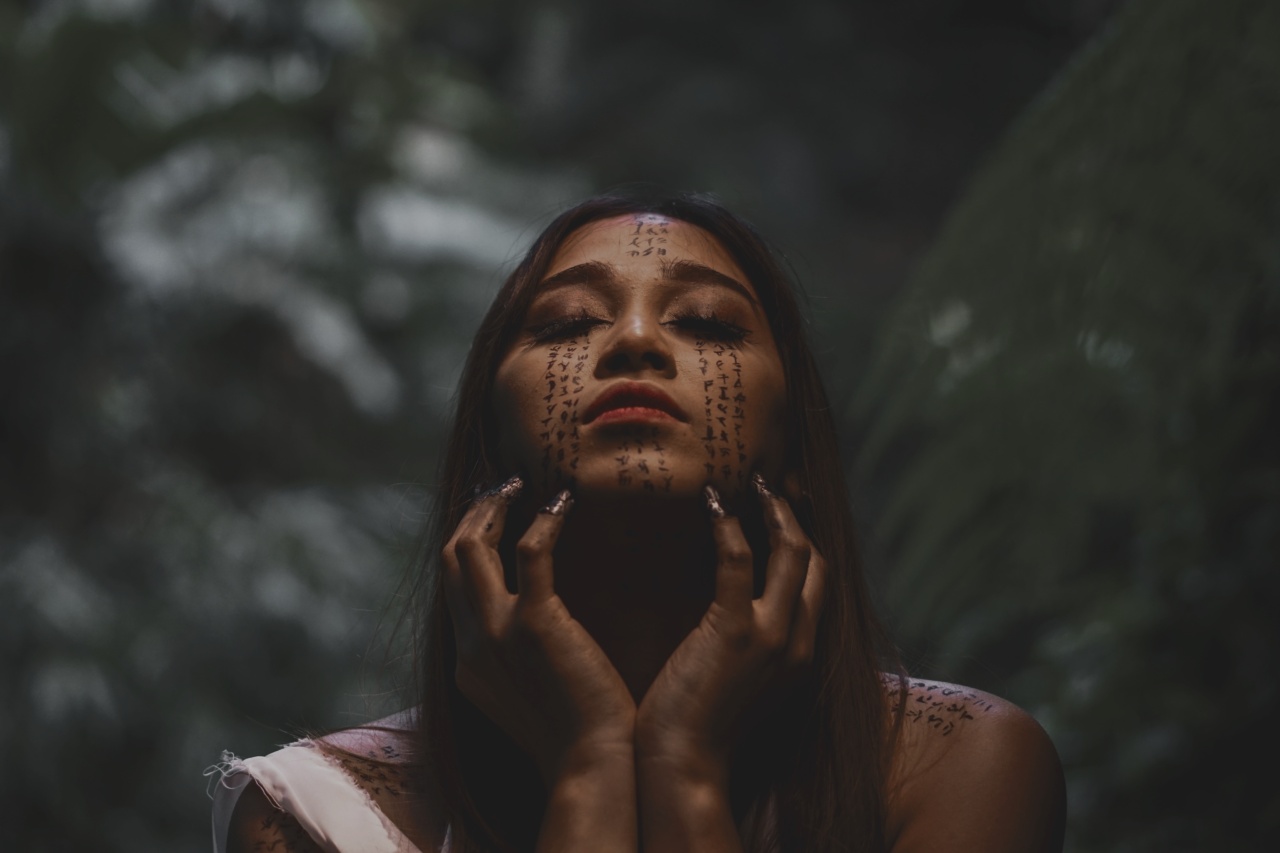Tattoos have become increasingly popular in recent years, with people from all walks of life getting inked.
While tattoos are a form of self-expression and can hold personal meaning, it is important to consider potential risks associated with the procedure. One particular concern is the potential link between tattoos and an increased risk of skin cancer. In this article, we will explore what you need to know about tattoos and the risk of developing skin cancer.
Tattoos and Skin Cancer
When it comes to tattoos and skin cancer, the association is not entirely clear. Some studies suggest that having a tattoo may increase the risk of developing skin cancer, while others have found no significant correlation.
It is important to note that most research in this area is still ongoing, and more studies are needed to establish a definitive link between tattoos and skin cancer.
Ultraviolet (UV) Radiation
One of the potential ways tattoos could contribute to an increased risk of skin cancer is through exposure to ultraviolet (UV) radiation. UV radiation, primarily from the sun but also from tanning beds, is a known risk factor for skin cancer.
When you get a tattoo, the ink is injected into the deeper layers of the skin, where it can potentially absorb UV radiation.
If the tattooed area is exposed to the sun without proper protection, such as sunscreen or clothing, it may absorb more UV radiation than the surrounding skin.
This increased exposure to UV radiation could potentially increase the risk of developing skin cancer in the tattooed area.
Tattoo Inks
Another factor to consider when discussing tattoos and the risk of skin cancer is the composition of tattoo inks. Traditional tattoo inks contain various pigments and additives, and their long-term effects on the skin are not yet fully understood.
Some of these ingredients may be carcinogenic or toxic, potentially increasing the risk of developing skin cancer.
While the Food and Drug Administration (FDA) regulates tattoo inks, there is currently no specific regulation regarding their long-term safety.
The FDA allows the use of specific color additives in cosmetics, but that does not mean they have been approved for injection into the skin. It is essential to choose a reputable tattoo artist who uses high-quality, safe tattoo inks to minimize potential risks.
Risks and Precautions
Although the association between tattoos and skin cancer is still a topic of debate, it is crucial to take certain precautions if you have tattoos or plan to get one. Here are a few key points to keep in mind:.
1. Sun Protection
Regardless of whether you have tattoos or not, it is always important to protect your skin from the harmful effects of the sun. Apply a broad-spectrum sunscreen with at least SPF 30 to your tattooed areas before going outside.
Wear protective clothing, such as long sleeves, hats, and sunglasses, to shield your skin from UV radiation.
2. Regular Skin Checks
Regularly examine your tattooed skin for any changes, such as new moles, growths, or changes in color, size, or shape of existing moles. If you notice any concerning changes, consult a dermatologist for a thorough skin examination.
Early detection of skin cancer can significantly improve the chances of successful treatment.
3. Choose a Reputable Tattoo Artist
When getting a tattoo, it is essential to choose a reputable tattoo artist who follows proper safety and hygiene practices. Ensure that the tattoo studio uses sterilized equipment and inks from trusted sources.
A professional artist will also provide you with aftercare instructions to promote proper healing and minimize the risk of infection.
4. Allergies and Sensitivities
Some individuals may develop allergic reactions or sensitivities to tattoo inks. Before getting a tattoo, discuss any known allergies or sensitivities with your tattoo artist.
They can help you choose ink colors that are less likely to cause an adverse reaction. If you experience any unusual symptoms or signs of an allergic reaction after getting a tattoo, seek medical attention promptly.
Tattoo Removal and Skin Cancer Risk
For individuals who want to remove their tattoos, whether due to personal reasons or potential health concerns, there are various tattoo removal methods available.
However, it is essential to note that tattoo removal procedures may also carry certain risks.
Some tattoo removal techniques, such as laser removal, involve breaking down the tattoo pigment using high-intensity light beams. The process can cause temporary skin irritation, redness, and potential scarring.
It is crucial to consult with a qualified dermatologist or tattoo removal specialist to discuss the most suitable removal option for your specific situation.
While tattoo removal itself does not directly increase the risk of skin cancer, it is essential to follow proper aftercare instructions provided by the professional removing the tattoo.
Protecting the treated skin from excessive sun exposure and practicing regular skin checks remain important precautionary measures.
Conclusion
The association between tattoos and the risk of developing skin cancer is still not fully understood. While some studies suggest that tattoos may increase the risk, more research is needed to establish a definite link.
However, it is always important to take precautions when it comes to your skin health.
Protecting your tattooed skin from excessive sun exposure, choosing a reputable tattoo artist, and practicing regular skin checks can help minimize potential risks.
If you have any concerns about a tattoo or notice any changes in your tattooed skin, consult a dermatologist for a professional evaluation.




























